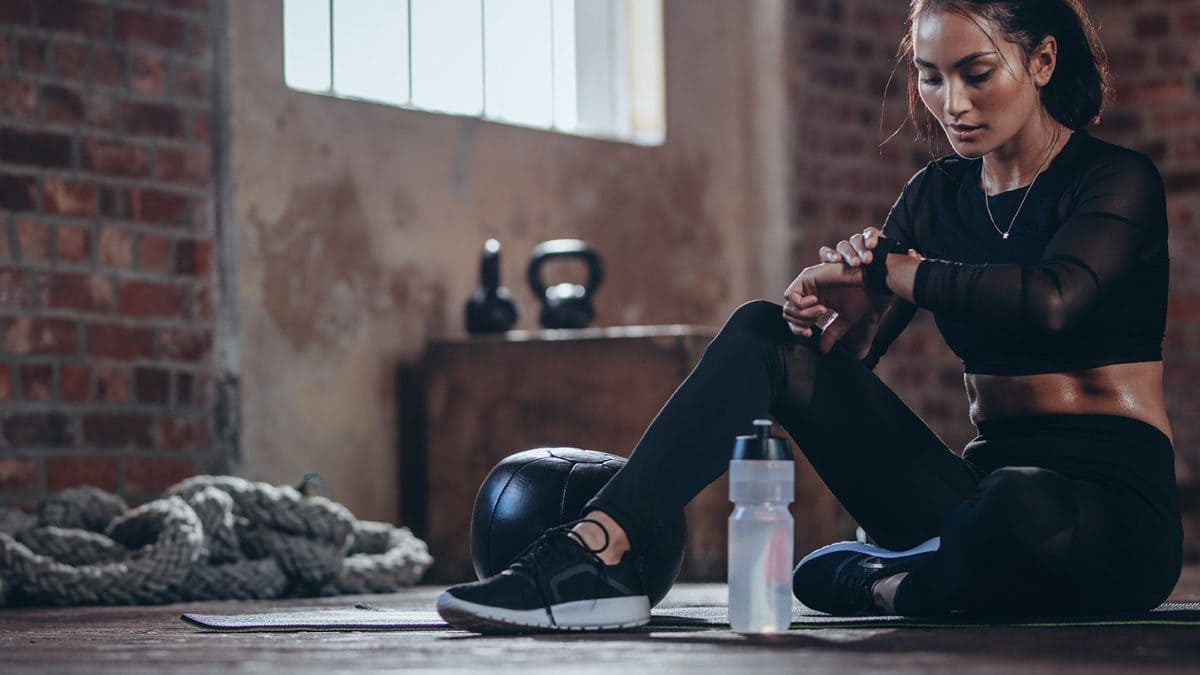If you’re serious about working out and you want to get steady results, how you recover is extremely important. All the gains in tone, strength, and size happen during your recovery period, not during your sessions. This is when your body turns its repair process into overdrive and fixes all the little micro-tears you caused to your muscles, leaving you with stronger, bigger, and more defined muscles. This is why you need to know how to recover correctly, and also know some of the mistakes to avoid. Here are some of the things you should and shouldn’t do after a workout.
Do – Get a Massage
You might think that getting a massage after a workout is superfluous or a luxury, but you might be doing yourself a huge disservice by not getting one. Massaging the areas that you targeted in your workout will help flush the lactic acid out and help you recover much faster. If you don’t feel like going to a massage therapist after each workout, know that you can perform massages yourself using foam rollers or use a high-quality massager.
If you’re looking for a good line of massagers, you could soothe your muscles using Theragun’s solution. SSENSE has a wide selection of Theragun prime products ranging from small hand massagers to foam wave rollers. Theragun massagers use patented percussive technology and are great for targeting specific areas, so if you find yourself feeling extremely sore after workouts, you should give some of their products a try.
Don’t – Wait to Eat
Some people like to do fasted workouts to maximize the amount of fat they burn, but one thing you should never do is starve yourself after a hard workout session. This is when your body needs nourishment the most, and you have to refuel it with protein and carbs.
This is also one of the only times when you should be eating simple, easily digestible carbs. This will allow you to replenish your glycogen reserves faster. Glycogen is your muscles’ main source of energy and is derived from sugar, so have a good portion of simple sugar after your workout and follow with complex carbs throughout the day.
Do – Perform Light Activity
People think that recovering is about refraining from any kind of physical activity until your next workout, but this is wrong. Did you know that being slightly active on your off days could significantly speed up recovery? This is because light activity favors blood circulation and blood is what will bring nutrients and oxygen to your recovery muscles. You have to be very careful with the type of activity your practice, however. It’s better to go with low-impact exercises that will target the areas you worked out.
If you targeted your legs during your session, doing some light stationary cycling can work. If you worked your upper body, light rowing or kayaking could be a good idea. And, if you worked your whole body, there’s no better exercise than swimming to give you the activity that you need.
Don’t – Have a High Fat Meal
While eating after a workout is very important, you need to avoid fat as much as you can. This is because fat slows down the absorption of nutrients and you need to get these nutrients to your muscles as soon as you can after a workout. So, try to stick with lean protein and carbs after your session.
Do – Take Supplements
The efficacy of certain supplements is debatable, but there are a few that have been heavily studied and proven by science. One of them is L-glutamine. L-glutamine is an essential amino acid and amino acids are the building blocks for muscle. L-glutamine will create the perfect environment for a speedy recovery and will help you build strength much faster.
You should know that L-glutamine is something you’ll find in many foods, so you shouldn’t worry too much about side effects. But it would still be wise to speak with your doctor to know how much you can safely take per day. The average recommended daily dosage is around 500 mg to 1500 mg.
Don’t – Skip Sleep
If you’re one of these people who think sleep is for suckers, you might be directly affecting your gains and performance by neglecting it. Nighttime is when the body works the hardest to repair muscles and floods the system with human growth hormone. So, if you don’t want to interfere with the repair process, you need to get at least six hours of sleep per night, though we would suggest you try to aim for eight hours if you can.
Now that you know a bit more about recovery after workouts, you’ll be able to maximize your results by adopting sound practices. Always remember to be gentle listen to your body and give it the time needed to get back to normal before you work out again.

